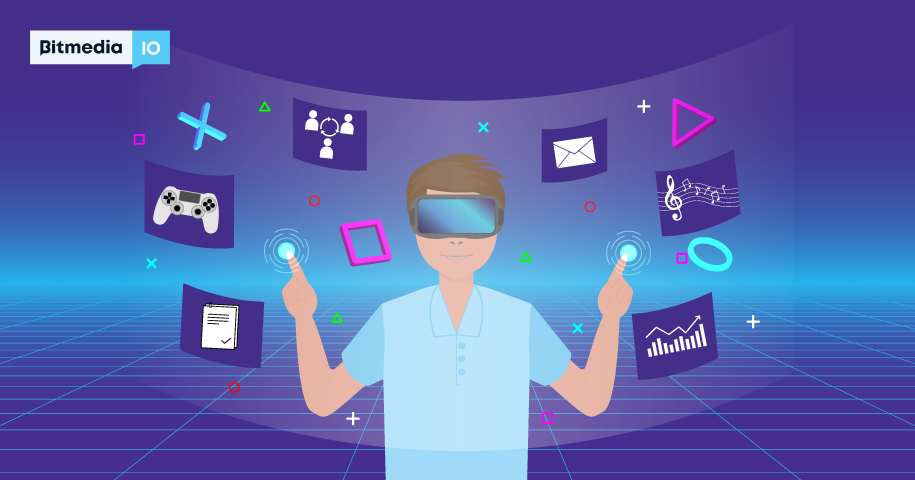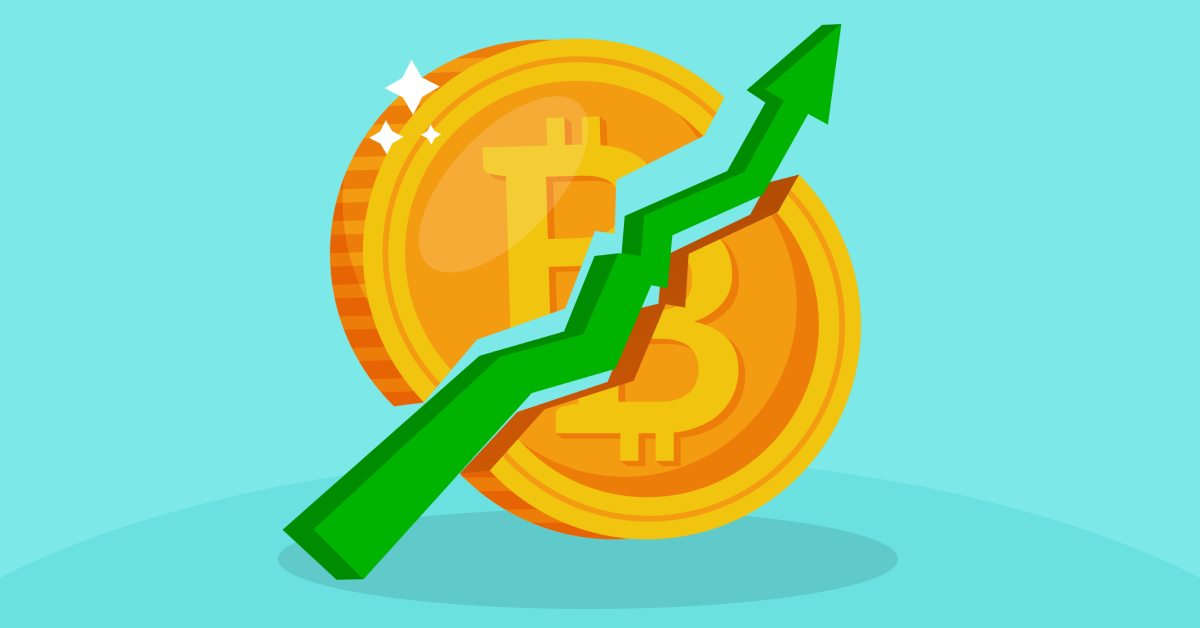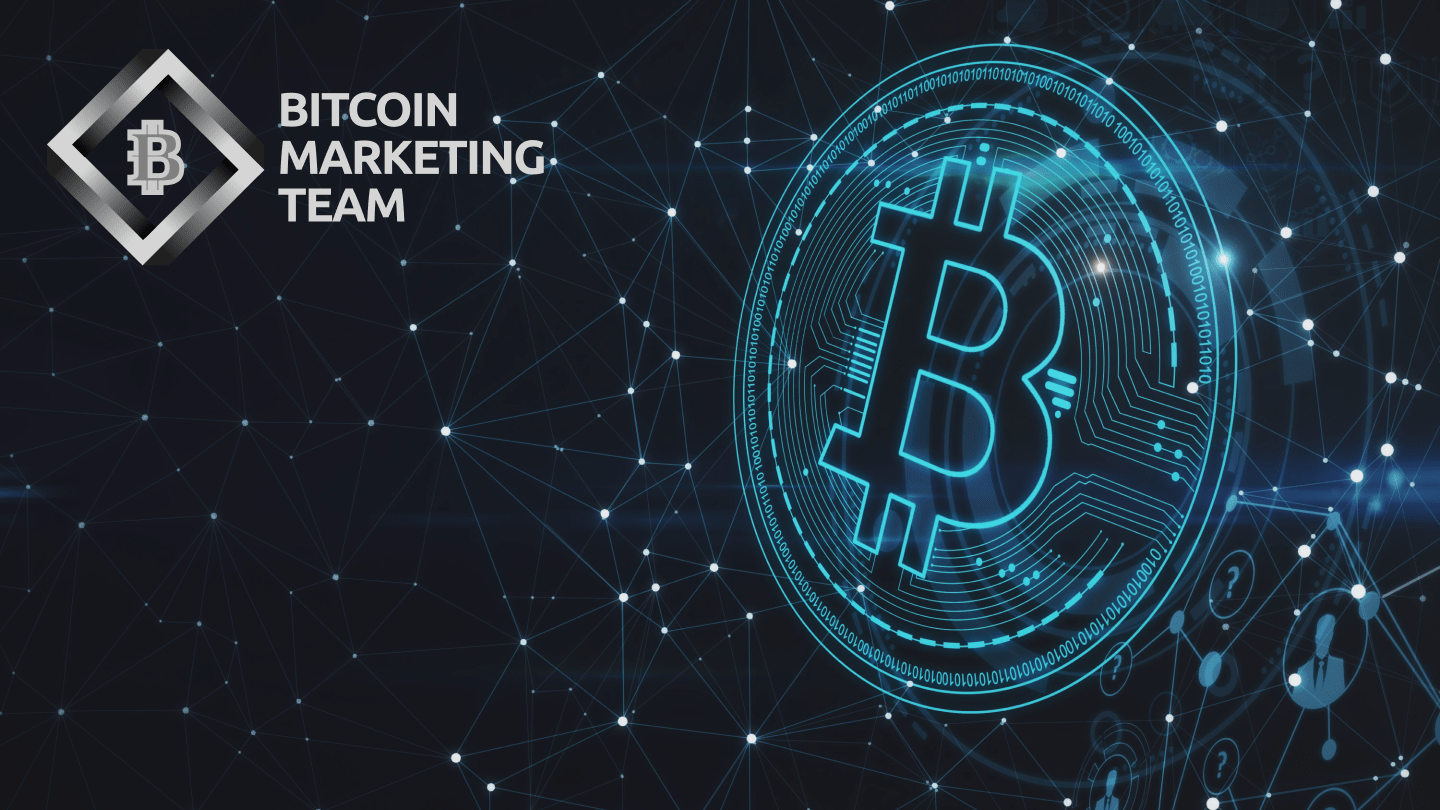How Web3 Will Reshape Digital Marketing

The future of digital marketing is rapidly changing with the rise of Web3. This decentralized version of the internet, built on blockchain technology, has the potential to change the way marketing strategies and efforts are executed drastically. This article has been written to provide some insight into how Web3 will reshape digital marketing.
For a digital marketer who has moved away from traditional media and is focusing on internet marketing, Web3 presents the most incredible opportunities for growth and change.
Those wanting to stay up to date with the latest in marketing will find digital marketing meaningful. More importantly, they will discover web3 marketing unavoidable.
From social media posts, paid advertising, developing a unique content marketing strategy, running digital ads on mobile apps, and designing web pages to running mobile marketing activities. Web3 comes with a much outstanding digital marketing tactic that reshapes marketing as we know it.
One area that is expected to see the most significant impact is data privacy and targeting.
As Web3 allows for more secure and decentralized information sharing, it will likely change how marketing activities are conducted across various marketing channels, such as social media marketing and search engine optimization.
In this article, we will delve into how Web3 will affect these elements of digital marketing and explore the new opportunities and challenges it presents for digital marketers. Join us as we discover how Web3 will reshape the digital marketing landscape.
Background on web3
What is it?
Web3, also known as the decentralized web, is the next evolution of the internet. It is built on decentralized technologies such as blockchain, allowing for a more secure and decentralized way of sharing information and interacting with the internet.
Web3 has the potential to revolutionize various industries, including digital marketing as digital marketers look to create compelling digital marketing strategies and increase brand awareness, the rise of web3 promises to provide new opportunities and present challenges to traditional marketing methods and online marketing campaigns.
The critical components of web3 that differ from web2 are the decentralized nature and the use of blockchain technology.
In web2, the internet relies on centralized servers and intermediaries, such as search engines and social media platforms, to store and transmit data.
In contrast, web3 utilizes decentralized networks, where each node on the network has a copy of the data, and consensus mechanisms such as blockchain validate transactions.
This means that data is stored decentralized and can’t be censored or shut down by any single entity, making it a game changer for marketing activities.
The potential implications of web3 for various industries are many. It’s expected to significantly impact industries that rely on data sharing and transactions, such as finance and supply chain management.
For marketers, web3 promises to provide more transparent and secure ways to collect and use consumer data and enable new digital marketing methods, such as token-based rewards programs and marketing with influencers.
This is expected to change how companies target and engage with prospective customers, and it will also change how internet users interact with marketing activities.
The rise of web3 also has the potential to disrupt traditional digital advertising methods and SEO.
Overall, web3 is significant in the world of digital technology as it has the potential to decentralize and democratize the internet, making it more secure, transparent, and inclusive for everyone.
This digital channel opens new possibilities for various industries, including digital marketing. It creates new opportunities for businesses to connect with target customers for business-to-business and consumer markets.
Marketers need to understand how web3 can be utilized in their marketing plans and campaigns across various digital platforms, including mobile and apps, and other digital channels, such as email marketing and content marketing.
The current state of digital marketing
Digital marketing is a rapidly evolving field, and the current state of digital marketing is characterized by using various marketing channels and campaigns, such as social media marketing, search engine optimization (SEO), and email marketing, to reach and engage with target audiences.
Marketers are utilizing digital technologies and marketing automation tools to optimize and streamline their marketing activities across various digital platforms such as mobile devices and apps, websites, and other digital marketing channels such as content marketing.
However, marketers currently face several challenges, one of which is data privacy and targeting concerns. The digital marketing landscape is becoming increasingly complex, and marketers must navigate strict data privacy regulations while trying to target the right audience at the right time.
There is also a growing concern about using personal data and the need for more transparency in collecting and using it.
To overcome these challenges, marketers are developing more sophisticated marketing ideas and tactics to reach and engage with their target audience.
This includes marketing automation tools to optimize and streamline their efforts, search engine marketing, pay-per-click (PPC) advertising, social media, and influencer marketing to improve brand awareness and customer engagement.
Additionally, marketers are leveraging inbound marketing, which draws prospects in with valuable content and conversations, and utilizing native kinds of advertising, which is less disruptive, as a part of their digital marketing action plan.
Overall, the current state of digital marketing is characterized by the use of various digital technologies and platforms to reach and engage with target customers.
Marketers are faced with navigating strict data privacy regulations and concerns about personal data collection.
Still, they are turning to more sophisticated marketing manoeuvers, such as inbound marketing and native advertising, to overcome these challenges and improve brand awareness and customer engagement.
How web3 will reshape digital marketing
Web3 technologies are expected to significantly impact marketing activities, strategies, and campaigns.
For more information on where Web3 is heading in 2023, check out this article on the 10 Web3 trends to look out for in 2023.
The decentralized nature of web3 means that data is stored decentralized and can’t be censored or shut down by any single entity, making it a more secure and transparent way of sharing information.
This could greatly improve data privacy and give consumers more control over their data, affecting traditional methods such as offline marketing and online channels.
The decentralized nature of web3 also enables new forms of marketing techniques and tactics.
One example is token-based rewards programs, which could offer consumers more transparency and control over how their data is used and create new forms of social media marketing and digital communication.
Another example is micro-influencer networks, which could enable businesses to target niche audiences more accurately through digital marketing channels such as social media and search engines.
Check out the Lunar Strategy article on the top 10 web3 influencers to work with in 2023.
Through this, marketers can improve their SEO and create new opportunities for targeted ads.
There are already some companies and platforms that are utilizing web3 in their marketing activities:
- Basic Attention Token (BAT)
A blockchain-based advertising platform that aims to improve advertising efficiency by creating a transparent and fair system for publishers, advertisers, and users, creating opportunities for search engine marketing and targeted ads.
- Steemit
Another example is the social media platform, Steemit, which uses blockchain technology to incentivize content creators and curators with tokens, creating a more engaged and active community through marketing with influencers.
Check out this article on how Web3 is revolutionizing social media.
- OpenBazaar
The decentralized marketplace, OpenBazaar, allows merchants to interact directly with potential customers, bypassing intermediaries and enabling new forms of customer relationship management.
Overall, web3 is expected to reshape marketing activities, strategies, and campaigns.
Web3 technology is vital in the digital marketing landscape, and its decentralized nature promises to provide new opportunities for marketers to connect with target audiences through various digital platforms and technologies, improve data privacy and create new forms of digital marketing techniques and tactics, such as token-based rewards programs and micro-influencer networks.
This can create a new form of digital tactics and effective strategies for website traffic and a marketing message, which can help companies to reach their target customers and increase their customer engagement.
Web3 technologies present challenges and opportunities for marketers who want to implement an effective digital marketing strategy.
One of the challenges in adapting to web3 is navigating new ways of working with data and ensuring compliance with data privacy regulations; this can affect the overall strategy.
However, web3 also presents several opportunities for marketers. Decentralized platforms allow for greater transparency and control for consumers, which can lead to improved customer engagement and loyalty.
Token-based rewards programs and micro-influencer networks, made possible by web3 technology, can help marketers to reach niche audiences with precision and authenticity through various digital channels such as social media channels. This helps create an effective digital marketing strategy.
Marketers looking to get started with web3-based digital marketing should familiarize themselves with the key concepts and technologies, such as blockchain and smart contracts, and stay updated on the latest developments in the field.
They should also identify the specific use cases for web3 within their industry and develop a strategy for integrating web3 technologies into their marketing efforts, campaigns, and overall marketing strategy.
This includes looking into various types of digital marketing, modern digital marketing, and using digital marketing tactics such as SEO and google ads to improve search engine ranking.
Another critical step would be collaborating with web3 experts, such as blockchain developers and data scientists, to help identify and leverage the most promising web3–based marketing opportunities.
This can also keep your marketing efforts up to date with the latest digital devices and technologies, called online marketing, which can benefit your existing customers.
Conclusion
Finally, it’s essential to experiment and be prepared to iterate on strategies as the web3 ecosystem evolves to fully maximize the potential it can bring to your digital marketing efforts.
This includes testing and adjusting your marketing strategy to include elements of traditional advertising, paid ads, and conventional media alongside the new opportunities that web3 technologies offer.
Final Word
By staying up to date with the latest web3 developments, experimenting with new technologies, and collaborating with web3 experts, marketers can create a successful digital strategy that takes full advantage of the opportunities provided by web3.
This content was written by Lunarstrategy’s founder and CEO Tim Haldorsson. Tim has been involved in the crypto scene since 2017. Provides forward-thinking Web3 marketing insight as a contributor to Cointelegraph, Rolling Stone, Daily Coin, NFT Plazas, and Finance Magnates. Lunarstrategy, crypto and Web3 marketing agency, has been a Bitmedia partner since 2021


